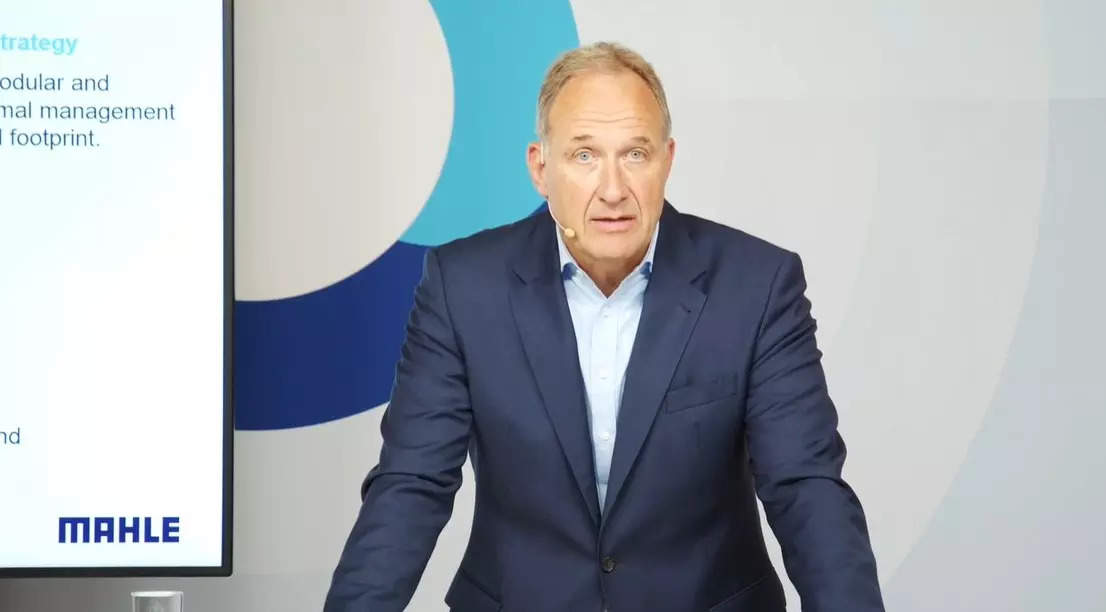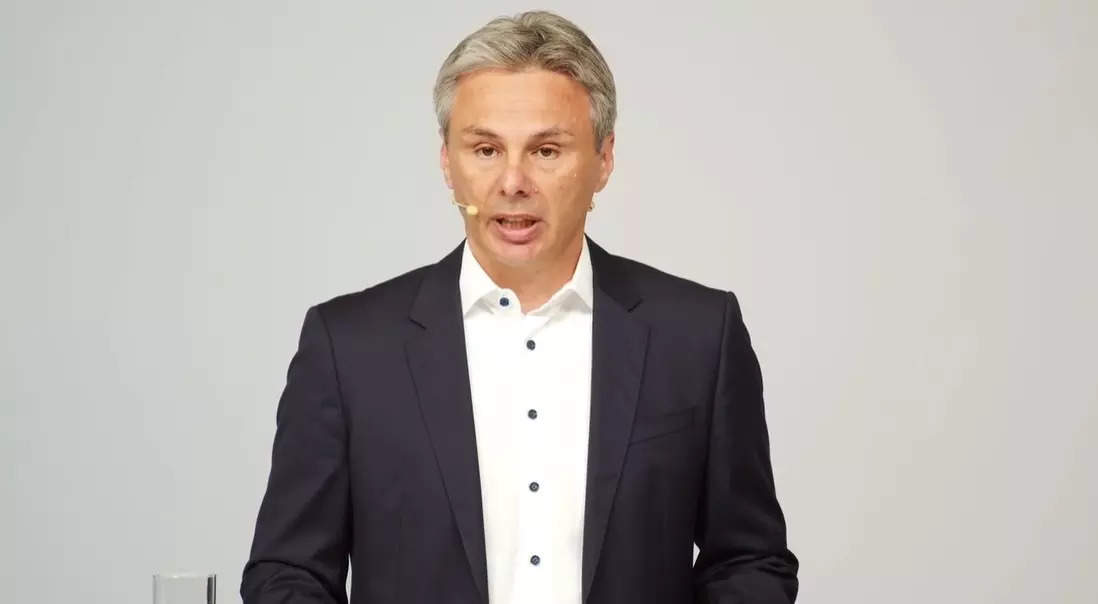
New Delhi: The sales of battery electric vehicles (BEVs) are still far away from justifying the high investments, which we, like many others, are making in this area of technology, said the top company official of the German Tier-1 supplier Mahle Group.
“The challenges of technological transformation remained in 2023 as market volumes lag behind expectations. Our traditional business with internal combustion engine (ICE) components is still going strong, even better than expected in some areas,” Arnd Franz, Chairman of the Management Board, and CEO, Mahle Group, said at the company’s annual press conference on Tuesday.
“The future of mobility is electric but we have a long way to go before these technologies achieve a market position as strong as those in our traditional products. The demand for BEVs where Mahle has invested has been massively lower than planned. For us to grow sustainably, we need higher volumes and faster electrification,” he said.
According to the current regulations in Europe, ICEs will have to be phased out by 2035. While Mahle is seeing a “transitional renaissance” in the ICE segment, this has not diverted its attention from hybridization and electrification. The automotive supplier is focusing more on its core products in electrification, thermal management and sustainable ICEs including biofuels. A large part of its R&D expenditure will also go into these areas, including efficient electric drives and intelligent charging.
“Our R&D ratios are in the low single digit range for ICEs. It is significantly higher in thermal management and in double digits for mechatronics and electronics. 70% of our new patents apply to matters of electrification,” Franz said.
Last year, Mahle also signed an MoU with Taiwan-based battery manufacturer ProLogium for developing and evaluating thermal management solutions for next generation solid-state batteries.
FY23 was the year to stabilise
FY23 was not an easy year for the automotive supplier industry, which continues to face rising costs along the entire value chain, mainly due to high wage settlements for primary products and rising energy costs, said Markus Kapaun, CFO, and member of the Management Board of the Mahle Group.
“Even in electric mobility, the expected costs did not materialize,” he noted.

For Mahle, it was an important year of “stabilising the company in terms of profits, cash and financial situations.” The CEO stated that the financial results showcase that the company is heading in the right direction, even though another highly volatile year is ahead of it.
Meanwhile, the German automotive supplier did not give a forecast for FY24 as “there is always a high degree of inaccuracy, especially in the area of BEVs, where we suffered some disappointment in the last few years.”
“We have got our internal planning assumptions. However, the markets are raw and moving sideways. We have got little growth in China and low growth rates in Europe. Customers are reluctant to purchase products due to reduced income and an increase in the rate of inflation in the past few years. That is why we are very reluctant in disclosing official planning numbers and sales forecasts for 2024,” Franz said.
The company employs over 72,000 people in 29 countries. One of its 12 global engineering centres was inaugurated 10 years ago in Pune and has around 450 engineers.
















